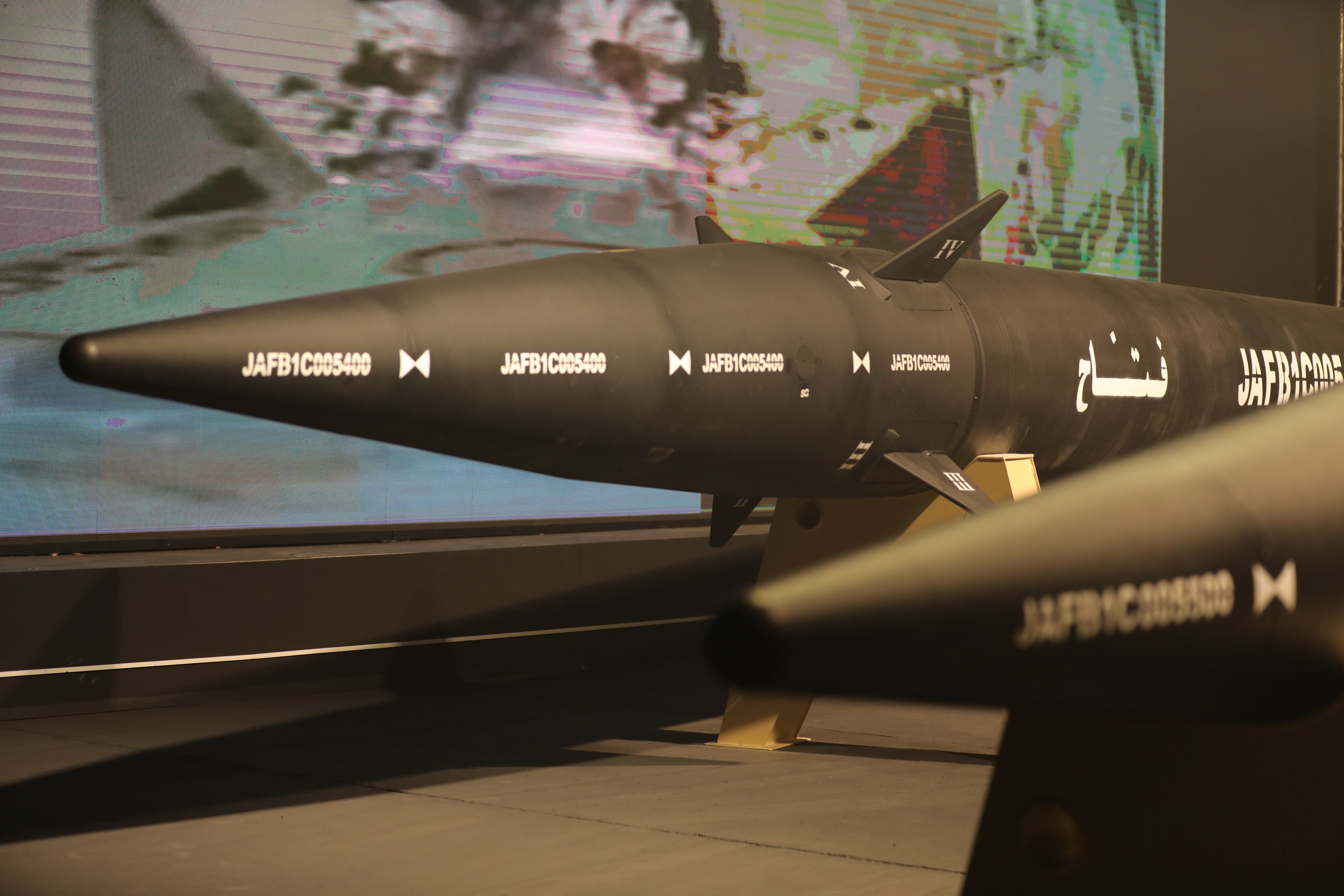On June 6, the United States said it had sanctioned a “procurement network” of people and firms from Iran, China and Hong Kong associated with the alleged development of Iran’s missile program.
In a statement, the Treasury Department said that the network, which is made up of seven people and six firms, “facilitated procurement of sensitive and critical parts and technology for key actors in Iran’s ballistic missile development.”
“Today’s action reinforces our commitment to respond to activities which undermine regional stability and threaten the security of our key partners and allies,” said Brian Nelson, Treasury’s top official for financial intelligence. “The United States will continue to target illicit transnational procurement networks that covertly support Iran’s ballistic missile production and other military programs.”
Those sanctioned include the China-based Zhejiang Qingji Ind. Co., Ltd, which has sold centrifuges and related equipment worth hundreds of thousands of dollars to Iran’s Parchin Chemicals Industries (PCI).
The Treasury Department alleged that PCI, a subsidiary of Iran’s Ministry of Defense and Armed Forces Logistics’ Defense Industries Organization, is the primary beneficiary of the network. Also being sanctioned is P.B. Sadr, PCI’s main intermediary for ballistic missile propellant components.
Li Zeming, a Zhejiang Qingji employee, is being blacklisted for personally negotiating and executing the centrifuge sales to PCI.
Also named is Iran’s Defense Attaché in Beijing, Davoud Damghani, who is alleged to coordinate purchases from China for Iran end-users.
Hong Kong-based Lingoe Process Engineering Limited was also sanctioned for allegedly serving as a Zhejiang Qingji front company used to facilitate the centrifuge transactions, and provide Zhejiang Qingji with access to the US banking system.
Two other companies, one based in Hong Kong and another in mainland China, were also included in the new sanction list for allegedly working to provide Iran with tens of millions of dollars worth of dual-use, nonferrous metals.
The sanctions deny the people and firms access to any property or financial assets held in the U.S. and prevent U.S. companies and citizens from doing business with them.
The latest round of sanctions were announced as Iran unveiled its first hypersonic missile, dubbed Fattah. The missile can travel at 15 times the speed of sound and has a range of up to 1,400 kilometers, which means it can reach most U.S. bases in the Middle East as well as Israel from Iranian territory.
Despite facing strict sanctions by the U.S. and sabotage attempts by Israel, Iran’s missile program made several breakthroughs in recent years.
The U.S. has not yet provided its own assessment on the capabilities of the Fattah. However, the latest sanctions were clearly imposed in response to the unveiling of the missile by Iran.






